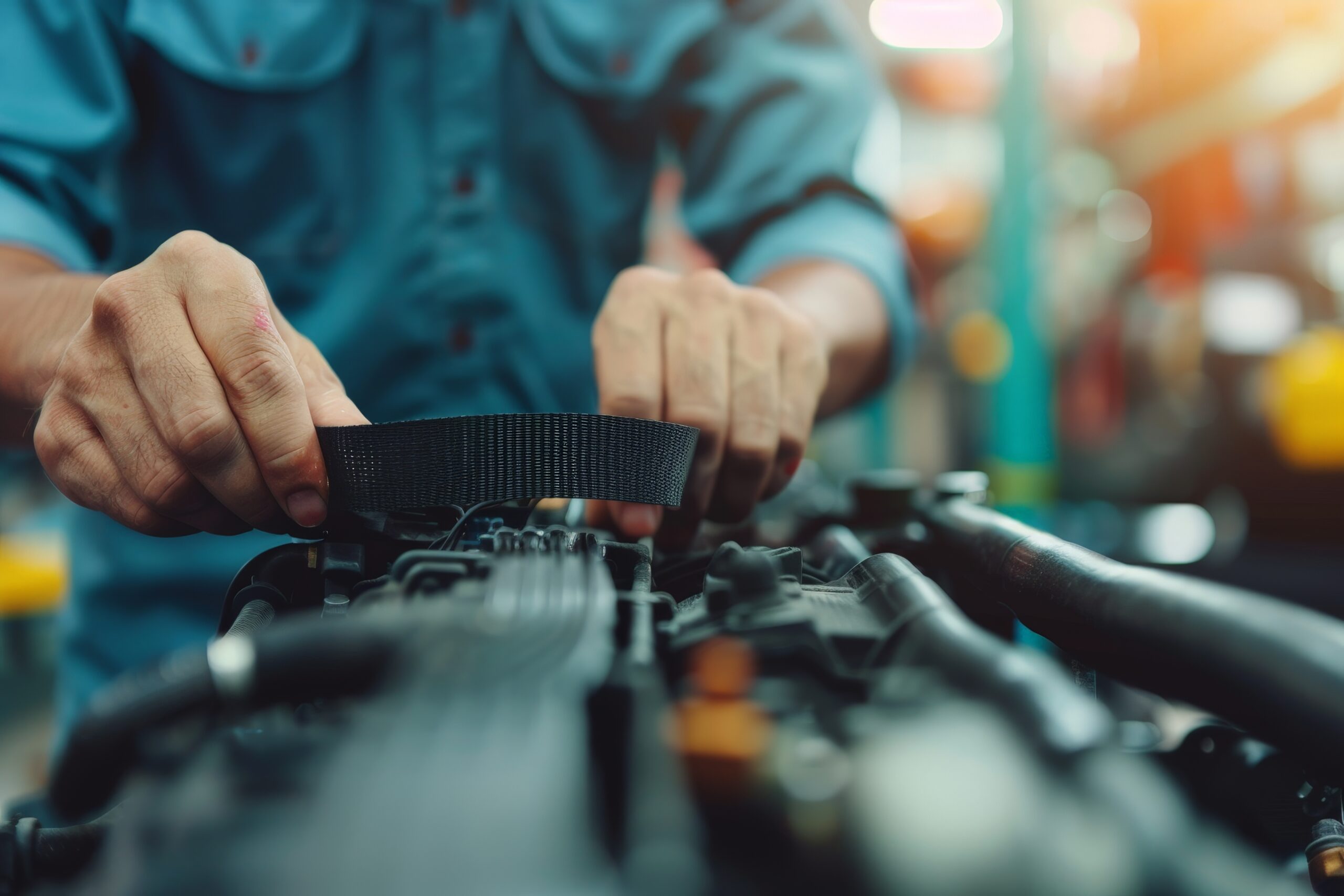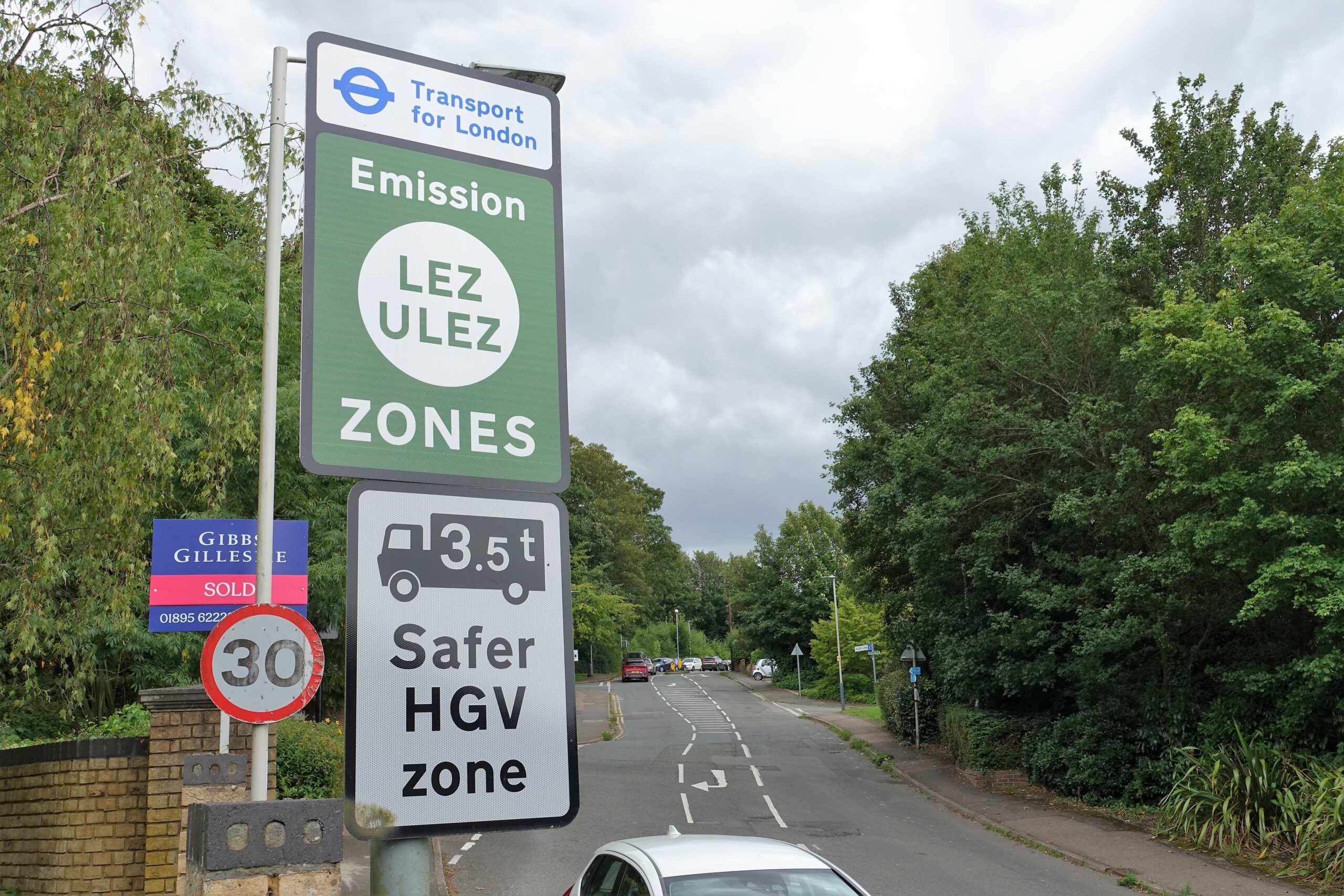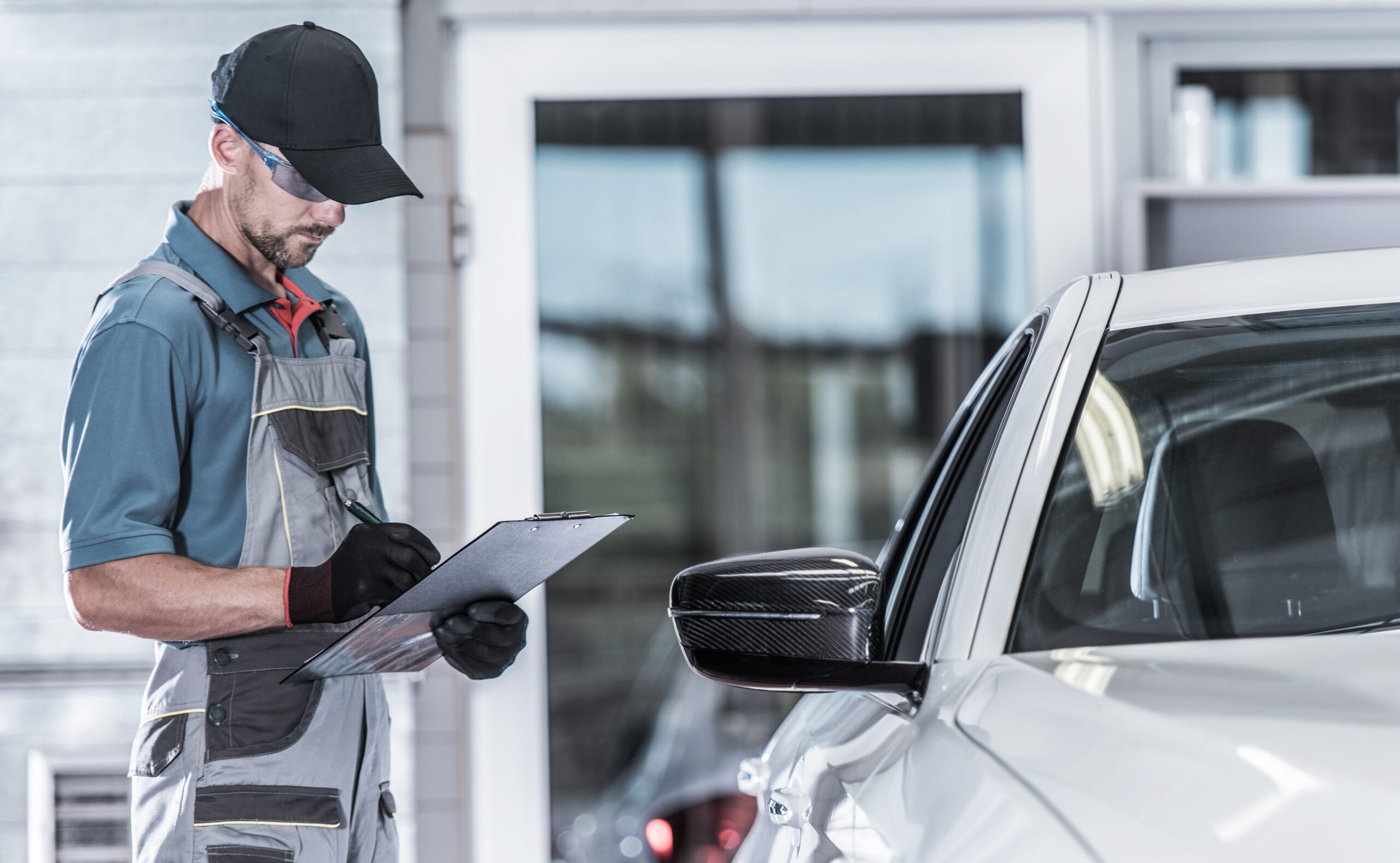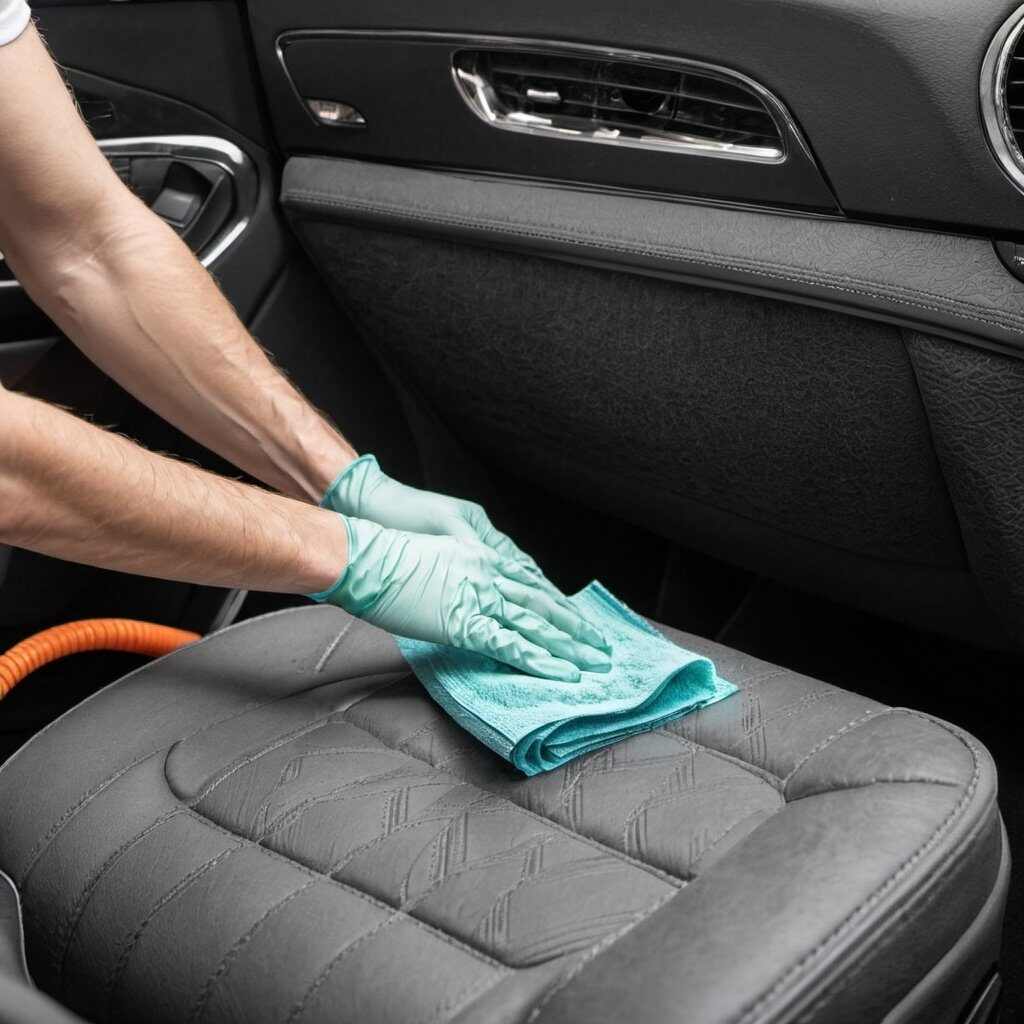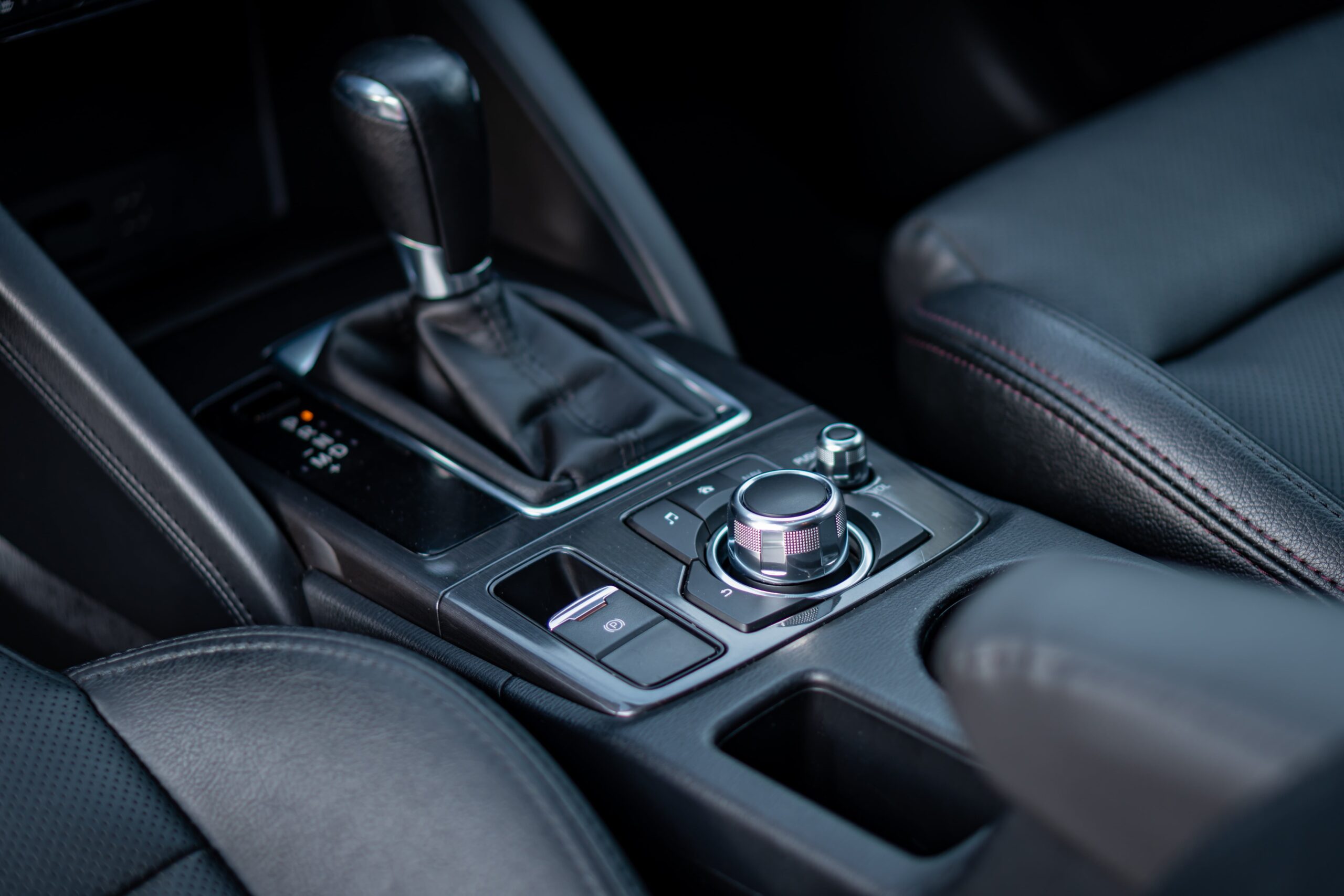
What will Happen If Your Car’s Wheels are Unbalanced?
Do you feel a vibration when you drive your car at high speed? Is your steering wheel shaking while driving on the highway?
If yes, then it’s possible that your car’s wheels are unbalanced.
It might seem like a minor issue, but unbalanced wheels can lead to serious problems if left unattended.
In this article, we will discuss the consequences of unbalanced wheels, what causes wheel imbalance, and some tips to prevent it.
Wheel Balancing Vs. Alignment
Before we get into the effects of unbalanced wheels, let’s understand the difference between balancing the wheels and alignment. People often use these terms interchangeably, but they are two different things.
What is Wheel Balancing?

Wheel balancing is a process of equalising the weight of the combined tyre and wheel assembly so that it spins smoothly at high speed. Balancing involves putting the wheel/tyre assembly on a balancer, which centres the wheel and spins it to determine where the weights should go.
Every time a tyre is fitted to a wheel, it should be balanced. This process ensures a smooth and comfortable ride, prevents uneven tyre wear, and extends the life of your tyres, reducing road noise.
What is Wheel Alignment?

Wheel alignment, also known as tracking, is the process of ensuring that the wheels of a vehicle are set to the optimum position as per the car manufacturer’s specifications. This procedure involves adjusting the angles of the wheels in relation to each other and the car body, aiming at maximising tyre life and ensuring that a vehicle drives straight and true without pulling to one side.
Incorrect alignment can result from regular use of a car, especially if driven on poor road surfaces, and can lead to uneven tyre wear and compromise the safety of the vehicle.
It’s recommended to have your car’s alignment checked periodically, or whenever new tyres or suspension components are fitted.
What will Happen If Your Car’s Wheels are Unbalanced?
When your car’s wheels are unbalanced, it simply means that the weight of the wheel and tyre is not evenly distributed. This can happen due to various reasons such as hitting a curb or pothole, uneven wear and tear of tyres, or even just regular use.
So what exactly happens when your car’s wheels are unbalanced?
Here are some potential consequences:
Vibrations While Driving
The first and most noticeable impact of unbalanced wheels is vibrations while driving, particularly at high speeds. As the wheel spins, the uneven distribution of weight causes it to wobble. This wobble generates a vibration that you can feel through the steering wheel.
It’s like holding a washing machine during its spin cycle!
The faster you drive, the more intense these vibrations can become.
And this doesn’t end here, you may also feel the vibrations buzzing sound through your seat, pedals, dashboard and even the floor. Not only is this uncomfortable, but it can also be quite dangerous as it can affect your ability to control the vehicle.
Uneven and Premature Tyre Wear
Unbalanced wheels can lead to uneven and premature tyre wear, a pesky problem that can prove costly over time.
Essentially, the uneven distribution of the wheel’s weight means that certain parts of the tyre are subject to more pressure and friction, causing them to wear down faster than the other parts. This results in your tyres not lasting as long as they should, forcing you to replace them more frequently.
Not only is this harmful to your wallet, but it’s also not very environmentally friendly.
Worse Handling and Braking
When your wheels are unbalanced, you’ll likely notice that your car doesn’t handle as well as it usually does. This is because the vibrations caused by the unbalanced wheels can make it more difficult to steer your car accurately, especially at high speeds.
Similarly, unbalanced wheels can also have a detrimental effect on your car’s braking performance. In wet or slippery conditions, this could potentially lead to skidding, making your journeys less safe.
Decreased Fuel Efficiency
When your wheels aren’t evenly balanced, they can’t rotate perfectly round. This causes your vehicle to wobble a bit while moving, and this wobble takes extra force to keep your car going at the same speed.
So, your engine works harder and uses more fuel than it should. Eventually, you’ll find yourself needing to fill up your tank more often.
Damage To Other Car Parts
Beyond the issues already discussed, there’s another downside to unbalanced wheels, and that’s the damage they can cause to other parts of your car. Those annoying vibrations can end up causing harm to your vehicle’s suspension and bearings.
These parts are not designed to handle the constant shaking, and as a result, they may wear out faster than they should. If this happens, you could be looking at some hefty repair bills.
All these signs together can lead to serious safety issues if left unattended. Therefore, it’s crucial to address the problem as soon as possible.
Also Read: How Can Drivers Help the Environment – Eco-Friendly Driving?
How Often Should You Get Your Wheels Balanced?
The frequency of getting your wheels balanced depends on several factors, such as driving habits, the type of roads you drive on, and the quality of your tyres.
As a general rule, it’s recommended to get your wheels balanced every 5,000-6,000 miles or every time you get your tyres rotated.
What are the Causes of Wheel Imbalance?
There are several reasons why a car’s wheels may become unbalanced, including:
Rough Roads and Aggressive Driving

Rough roads and aggressive driving often go hand in hand, especially in places where road infrastructure is less than ideal. When you drive on rugged roads, your car has to endure a lot of strain. Potholes, bumps, and uneven surfaces can lead to an imbalance in your car’s wheels.
The continuous jarring effect of these rough roads can cause bent wheels even with just minor impacts. These bends can result in uneven distribution of weight, leading to unbalanced wheels.
Over time, this can trigger vibrations, uneven wear on the tyres, and other issues that can affect your car’s overall performance.
Improper Installation of Wheels
The installation of new wheels and tyres is a delicate process that requires precision. If not done correctly, it can result in unbalanced wheels. During installation, the weight of the tyres must be evenly distributed around the wheel hub; otherwise, it will cause an imbalance.
Therefore, it’s essential to have your car’s wheels installed by a professional mechanic with proper equipment and training.
Worn Out Suspension Components
The suspension system of a vehicle is a network of components designed to give you a smooth, stable ride. However, with the passage of time and continuous use, these suspension components can wear out or become damaged.
Components such as shock absorbers, struts, and control arms are subjected to daily stress and strain, which can eventually lead to their weakening or failure.
Furthermore, worn-out suspension components may lead to unsteady vehicle handling, reduced ride comfort, and most crucially, wheel imbalance.
Imbalances in the Brake Drums or Discs

If your brake drums or discs are not balanced, your wheels won’t be either. Unbalanced brake drums or discs can occur if these parts become warped due to overheating, or if they’re simply worn unevenly over time.
This imbalance results in a wobbly sensation when you apply the brakes, much like the vibration you might feel with unbalanced wheels.
Also Read: What To Do If You Break Down on The Motorway?
Wear and Tear of Tyres
Your tyres don’t always wear down evenly. This could be due to a number of reasons such as incorrect tyre pressure, poor wheel alignment or even the way you drive.
When the tread of the tyre wears down unevenly, it can lead to an imbalance in the wheel. This means that certain parts of the wheel are heavier than others, causing it to wobble and vibrate when you’re driving at high speeds.
Loose or Missing Wheel Weights
Wheel weights are small pieces of metal that mechanics attach to your wheels during the balancing process. They help to evenly distribute weight and ensure a smooth ride.
But if they get loose or fall off, it can throw the wheel out of balance. You might notice this as a vibration when you’re driving, especially at higher speeds.
Wear and Tear of Wheel Bearings
Over a period, wheel bearings can experience wear and tear due to constant friction and heat generation.
If the lubrication inside the bearings dries out, or if the bearings become damaged due to heavy loads or poor road conditions, they can lose their smoothness and precision.
This can lead to an imbalance in the wheels, resulting in noticeable vibrations when driving, especially at high speeds.
Regular inspection and timely maintenance of wheel bearings are therefore vital in preventing wheel imbalance and ensuring a safer, smoother driving experience.
Tips for Preventing your Car’s Wheels from Becoming unbalanced
Here are a few key tips to prevent your car’s wheels from becoming unbalanced:
- Regular Maintenance: Regular tyre rotations and balances are crucial for maintaining the balance of your wheels. As a general rule of thumb, it’s suggested to have this done every 5,000 – 6,000 miles.
- Avoid Potholes and Curb Impacts: Try as much as possible to avoid hitting curbs and driving through potholes as these can instantly throw your wheels out of balance.
- Monitor Tyre Pressure: Regularly check your tyre pressure as incorrect pressure can lead to uneven wear on your tyres, which in turn can cause your wheels to become unbalanced.
- Invest in Quality Tyres: Where possible, invest in good quality tyres. They are less likely to become unbalanced and will last longer, saving you money in the long run.
- Proper Installation: Always ensure your wheels are properly installed by a professional. A poor installation can result in an unbalanced wheel assembly from the get-go.
- Regularly Inspect Suspension Components: Keep an eye on your suspension components and have them inspected regularly to catch any issues early on.
By following these tips, you can ensure the balance and stability of your car’s wheels, resulting in a smoother and safer driving experience. Remember, regular maintenance
How Do I Know If My Wheels Need Balancing?
It’s quite simple to identify if your wheels are unbalanced. Here are a few common symptoms to keep an eye out for:
Car Vibrations: If your entire car starts shaking, particularly at certain speeds, it’s a clear sign that something’s not right.
Fishtailing: Notice the rear of your car swaying or ‘fishtailing’ when taking sharp corners. This could be due to unbalanced rear wheels.
Steering Wheel Vibrations: When your front wheels are unbalanced, you may feel noticeable vibrations in the steering wheel. Interestingly, these vibrations might become less apparent as you increase your speed.
Abnormal Tread Wear: Take a look at your tyres. Are you seeing irregular tread wear, such as flat spots? This could be a sign of an unbalanced wheel.
Unusual Noises: Last but not least, if you hear odd noises while driving, it could indicate that your wheels need balancing.
If you notice any of these symptoms, it’s best to get your wheels checked and balanced by a professional to ensure safe and smooth driving.
